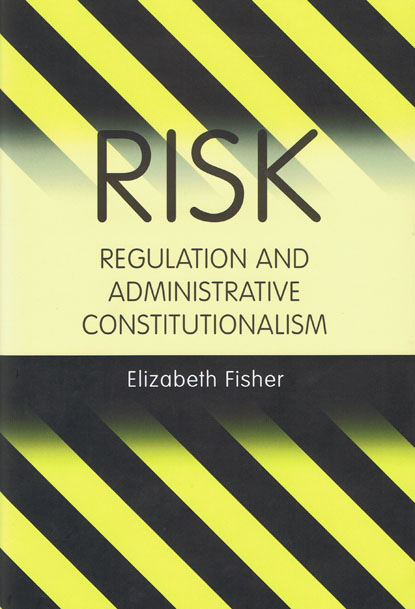
Over the last decade the regulatory evaluation of environmental and public health risks has been one of the most legally controversial areas of contemporary government activity. As this award-winning work shows, legal disputes over risk evaluation are disputes over administrative constitutionalism in that they are disputes over what role law should play in constituting and limiting the power of administrative risk regulators. Five case studies taken from five different legal cultures demonstrate this point, and the work concludes with a strong argument for re-orienting the focus of scholarship in this area.